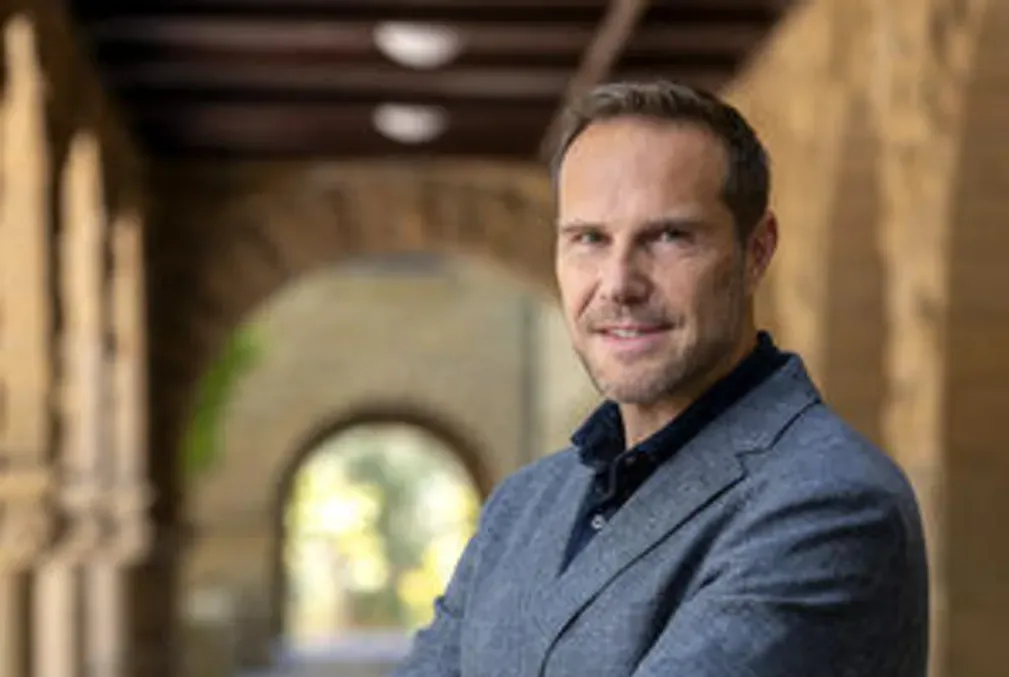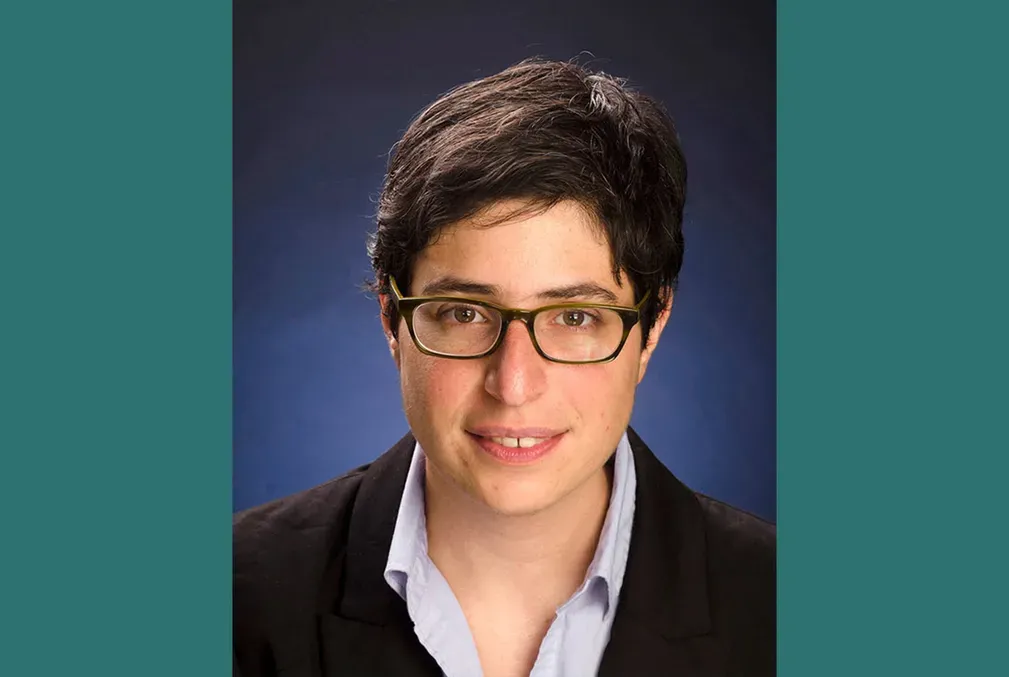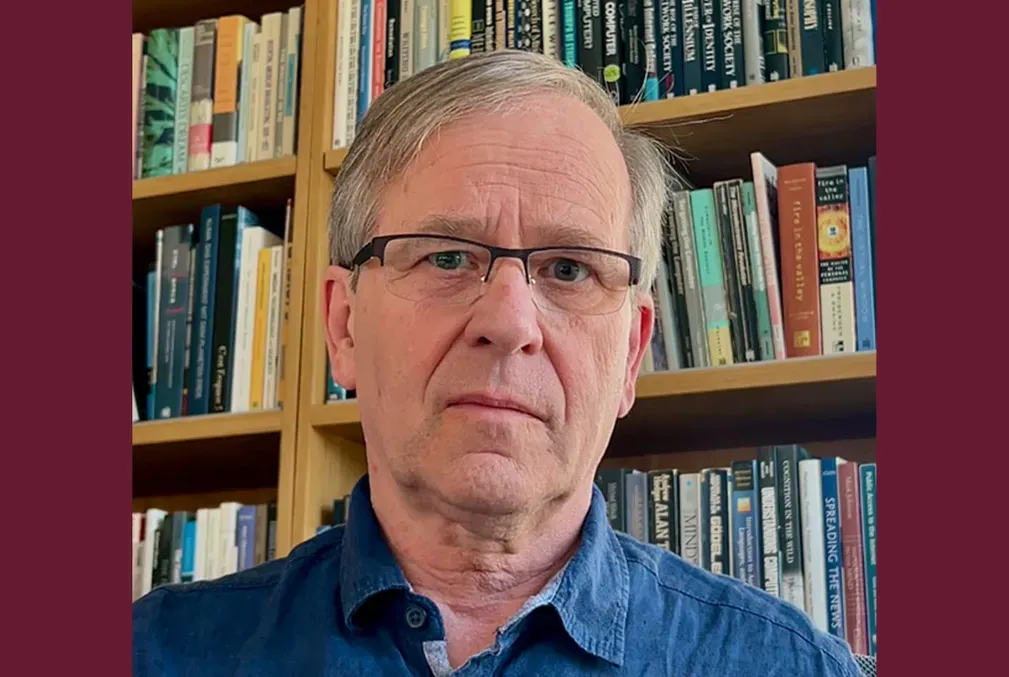
Humanities Core has new integrated global focus
In order to better address intellectual cross-currents throughout history, new courses will examine similarities and differences across cultures.
A new global focus in Stanford’s Humanities Core program reflects the important role the humanities play in understanding the complexities of the world and “the multi-lingual, multi-ethnic, international community that Stanford is today,” said Professor Alexander Key, faculty director for the program.
The new courses demonstrate that throughout history, people created lasting intellectual and literary landmarks when they—and their ideas—moved across geographical regions, said Key, associate professor of Arabic and comparative literature in the School of Humanities and Sciences. Courses will be organized chronologically throughout the year, with the most ancient texts and civilizations being studied in the fall and modern ideas and cultures in the spring.
“You can’t learn about the beginnings of Judaism in the Near East without also recognizing that at the same time there are important things happening in China,” Key said. “And you can’t just look at Greece and Rome without looking at what is happening in Africa.”
Beginning fall 2020, the first weekly session for each course will allow students to focus on a text or object selected by the instructor. These will reflect the specific area or question named in the class title. Vincent Barletta, associate professor of Iberian and Latin American cultures and of comparative literature, is using the idea of the Atlantic Ocean as an organizing principle for his course, Atlantic Folds: Indigeneity and Modernity. This broader umbrella allows him to include key works of Amazonian, African, and Latin American thought, he said.
Grant Parker’s course, Ancients and Moderns: Africa and South Asia in World Literature, will include examinations of African oral traditions and Sanskrit literature, asking questions about the difference writing makes on collective memory. “I was excited by the opportunities in this program to explore connections and comparisons between several cultural traditions I care about,” said the associate professor of classics and department chair. “While western historical thought imposes certain kinds of chronologies, the broader purview of world literature allows us to question such frameworks.”
During the second class meeting each week, students will participate in a collaborative conversation with the other students and faculty in Humanities Core classes. The idea, Key said, is to help students understand global differences and similarities through a closer connection to faculty from a variety of disciplines.
“When you study Plato and Aristotle it can feel like an inevitable way that humans think and an inevitable way of shaping the future. Equally, you read about Confucianism and Taoism and of course it looks like that is an inevitable organization of humanity,” Key said. “We want to say it’s not inevitable.”
As an example, Key points to the European practice that developed of writing single-author monographs, with distinct beginnings, middles, and ends. “And that’s what Immanuel Kant does; he writes a book,” Key said. “That becomes the model for many of how knowledge, or thought, or philosophy is communicated. But if you read things in Arabic, from the 1600–1700s for example, the level of creativity and complexity is just the same, but the form is completely different. Philosophers would write original scientific treatises in the form of commentaries on previous abridgements of canonical texts.”
The Humanities Core began in 2016 as a way to encourage undergraduates to explore humanities courses by providing a clearer way into different humanities topics for students across the university.
The new format of the Humanities Core courses expands the opportunities for students and faculty in different courses to work together in a spirit of shared exploration, Parker said. “Students will be able to delve into cultural productions, balancing historical context with central human concerns.”




